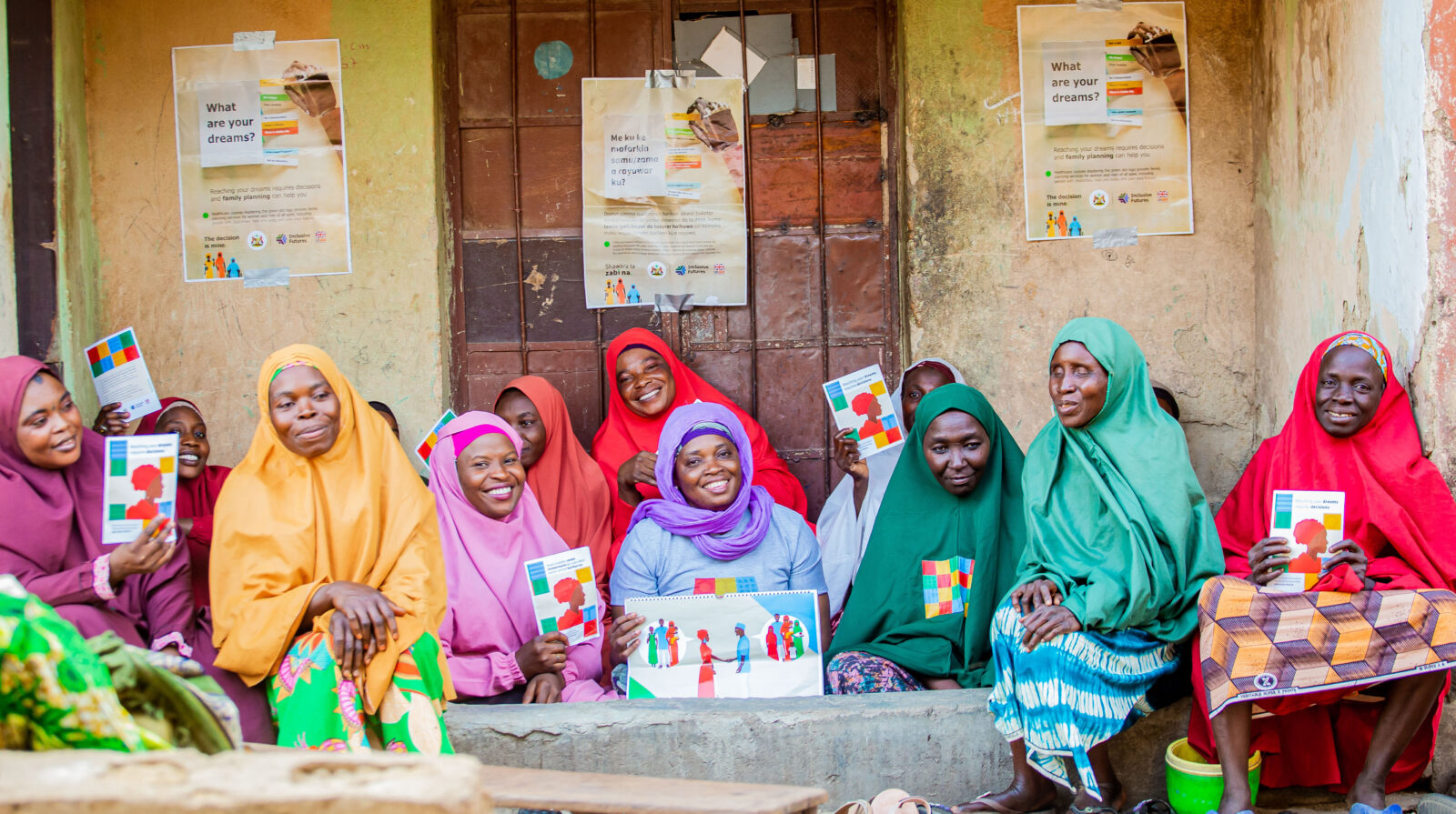[ad_1]

Many of the unmarried men with disabilities we worked with didn’t know they could go to the hospital and get condoms free of charge. Now they also know that if they don’t use contraception, especially condoms, they risk getting sexually transmitted infections. There’s been a great improvement and every day we get positive feedback from them.
Accessibility in health care facilities has also improved. Some of the facilities now have ramps and there are a lot of ongoing changes. We have established good relationships with health care service providers – they still get back to us with questions, we do visits/checks and we talk to people with disabilities about their experiences.
Putting women with disabilities in the driving seat
This project was able to make an impact because the people involved were the people wearing the shoes. I used to know maybe one or two types of family planning, but now I know so many. I can even tell people about it because although I’m not a service provider, I can speak to them because of the knowledge and training I’ve received. I can train people on how to attend to people with disabilities too.
It was the best thing to have Nigeria’s national policy on sexual and reproductive health and rights for people with disabilities adopted by Kaduna state government – with the policy, people with disabilities can claim their rights. It will encourage others to adhere to the policy and will make people more committed towards implementation.
The implementation of the policy is ongoing, so the government must engage organisations of people with disabilities. We play an oversight role – when we notice a change in the community, or when the rights of people with disabilities are infringed, we have to follow up to see that implementation is being sustained. Sightsavers has done a lot for people with disabilities, especially in this inclusive family planning project. The government has to leverage this and sustain what they’ve started to deliver better conditions for people with disabilities.
What more can governments, donors and health partners do?
I have a message for them: in Kaduna state, we have 255 facilities and it’s a very big state with a population of about 10 million. We have a high number of people with disabilities – this project covered two local governments out of 23 and these were metropolitan local governments. We also need to address medical health in some of our rural communities. I would like them to do more, to reach out to more communities, more facilities and train more health care service providers so we can reach more people with disabilities. The governments should join hands with non-governmental organisations like Sightsavers so we can bridge those gaps.
I want to say thank you to Sightsavers for bringing the project to Kaduna. Even after the project’s lifespan, the organisations of people with disabilities will keep the project going.
So many things came out in the workshops. Some people didn’t know they had access to family planning at all
[ad_2]

